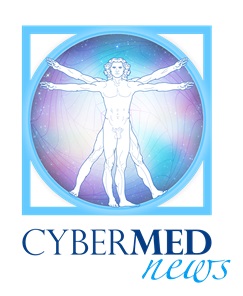 Share on Facebook
Share on Facebook
Following a public selection process, four consortia and one laboratory have been designated, today, by the Commission as the very first European reference laboratories (EURLs) in the field of Plant health. These EURLs will support the EU for the diagnosis of regulated existing and emerging pests, and contribute to a more rapid and focused intervention at EU borders and in the EU territory. They will cover the five types of regulated pests endangering plant health in the EU territory. Three EURLs are led by the French Agency for Food, Environmental and Occupational Health and Safety (ANSES, France): the EURL on insects and mites, which is also composed of the Austrian Agency for Health and Food Safety (AGES, Austria); the EURL on nematodes, together with the Flanders Research Institute for Agriculture, Fisheries and Food (ILVO, Belgium); and the EURL on fungi and oomycetes. Two EURLs are led by the Netherlands Food and Consumer Product Safety Authority-National Reference Centre Plant Health (NVWA-NRC, The Netherlands) : the EURL on viruses, viroids, and phytoplasmas, also composed of the Research Centre for Plant Protection and Certification (CREA-DC (DIALAB), Italy), and the National Institute of Biology (NIB, Slovenia); and the EURL on bacteria, also composed of the Flanders Research Institute for Agriculture, Fisheries and Food (ILVO, Belgium), the Research Centre for Plant Protection and Certification (CREA-DC (DIALAB), Italy), and and the National Institute of Biology (NIB, Slovenia). The EURLs will, as laid down in the Official Controls Regulation (Regulation 625/2017), promote uniform and high standard practices in relation to the development or use of the methods of analysis, test or diagnosis employed by the official laboratories in Plant health. They will also provide a coordinated assistance to the national laboratories, to avoid the use of different methods leading to uncertain diagnosis. Furthermore, they will also contribute to the dissemination of good practices, and of research and information on technical innovations, as well as carrying out training courses.



